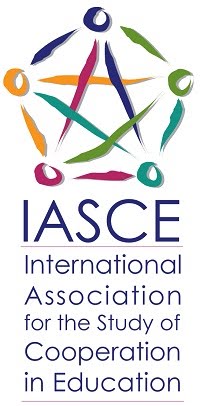Purposes
This conference provides an opportunity to:
The conference is appropriate for academics, teachers and other educators at all levels in formal and non-formal education settings, educational policy makers, educational managers and administrators, and others with an interest in exploring cooperative learning and the application of cooperation in all aspects of education—locally, nationally, and globally.
Conference Strands
The following five conference strands have been developed to encourage stimulating conversations across a wide-variety of topics and participants.
Strand 1: Classroom Practices and Teacher Education
This strand focuses on (a) the practical implementation of cooperative learning in a wide variety of education settings and (b) teacher education and teacher professional development at all levels.
Strand 2: Responsible Citizenship in a Diverse and Interdependent World
This strand focuses on the role of cooperative learning in supporting (a) teaching and learning for diversity and inclusion; (b) social integration, social justice, and equity in schools and communities; and (c) explorations of the knowledge, skills, and values needed to develop global competency.
Strand 3: Cooperative Leadership and School Development
This strand focuses on the implementation and use of cooperative learning and cooperative strategies in whole school/institutional contexts and in regional or national programs. It includes the impact of innovative applications of cooperative vales, principles, and approaches on policies for educational improvement and management.
Strand 4: Creativity, Innovation, and Problem Solving
This strand focuses on the intersections of creativity, innovation, and problem solving with cooperation.
Strand 5: Information, Communication, and Technology
This strand focuses on the modern realities of technology and its impact on communication, the availability of information, and the heightened need for information literacy. |
Home > Conferences and Events >
